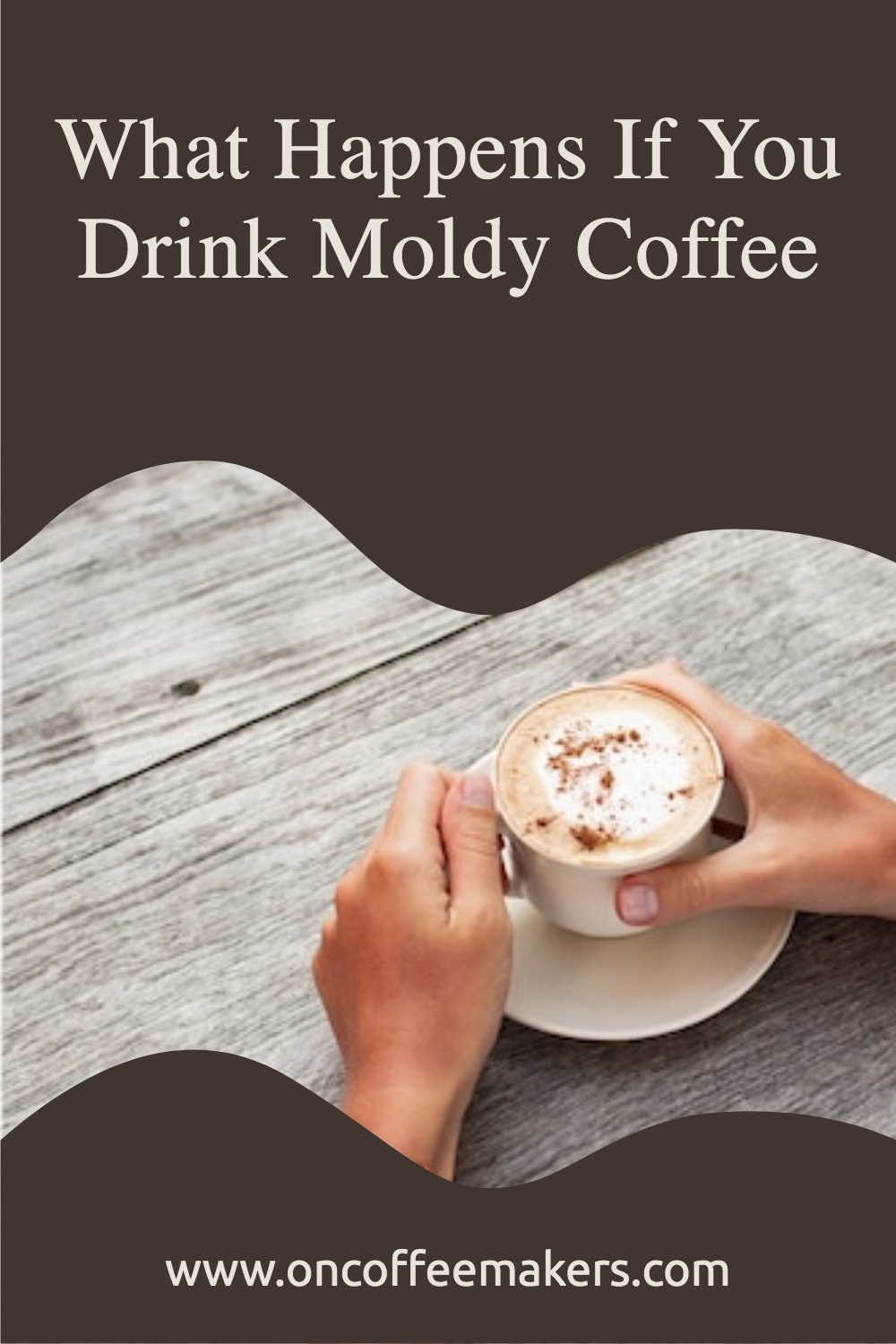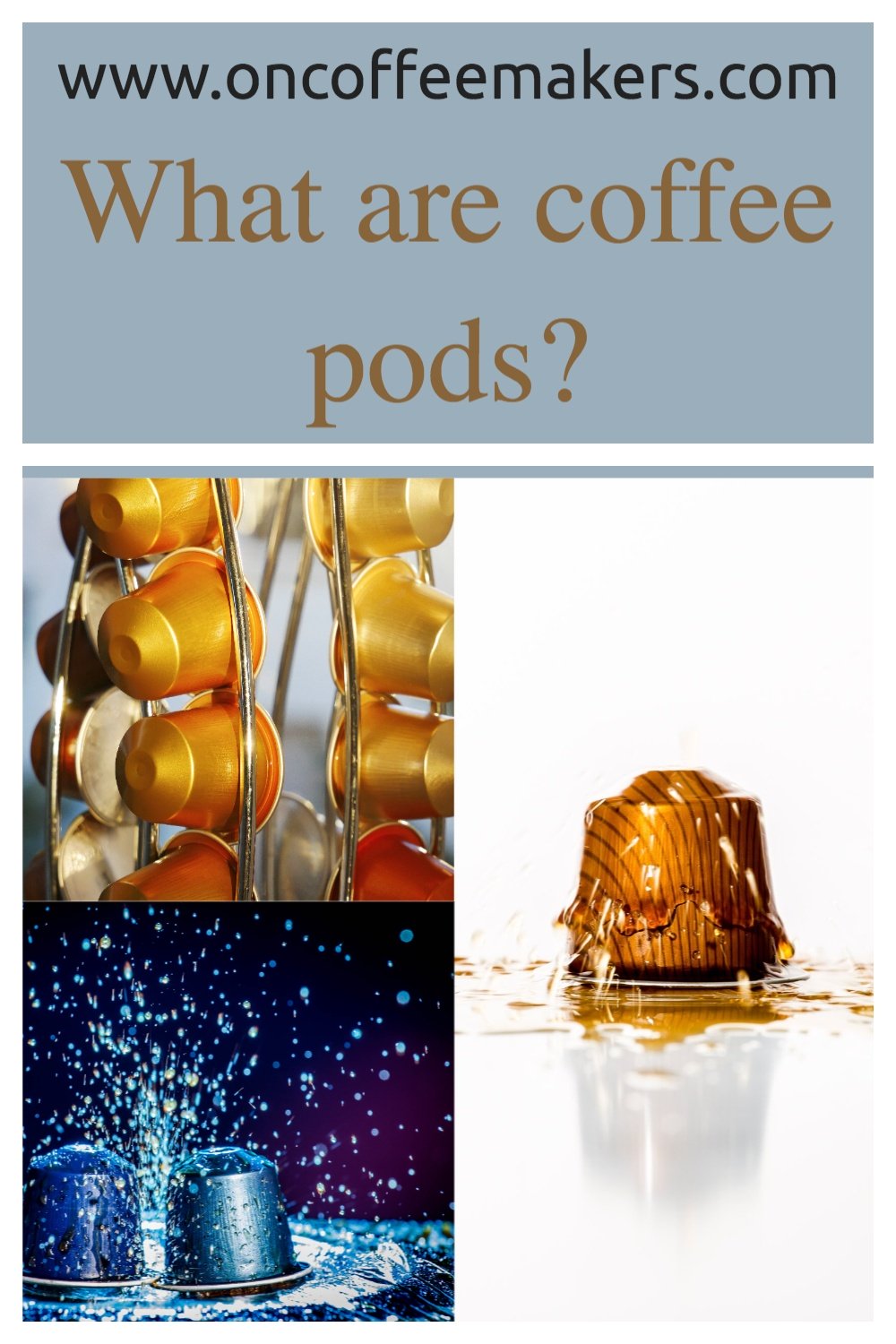What happens if you drink moldy coffee?
Does mold grow on coffee?
A few people may experience nausea, cramping, and diarrhea, but the vast majority of people who drink a moldy concoction will not notice anything.

Ochratoxin A is a type of mold that can grow on coffee beans (OTA). Mold grows best in warm, damp places, which is pretty much the climate of most places where coffee is grown. Also, it's possible that your coffee didn't have any OTA in it to begin with.
Have you ever wondered what would happen if you drank anything that had been contaminated with mold?
Coffee, like the majority of consumables, is susceptible to mold growth if improperly stored
If mold were to grow on the coffee, mycotoxins, which are dangerous and hazardous if consumed in large quantities, might be produced.
Mycotoxins come in a wide variety of forms. Aflatoxin B1 and ochratoxin A are the most significant to coffee plantations.
But stomach acid is strong enough to kill most pathogens, so it's usually not a big deal to swallow a few sips or bites of something that has mold on it. Some people may have short-term stomach problems like nausea, cramps, and diarrhea, but most people who drink a moldy mixture won't notice anything.
Known carcinogen Aflatoxin B1 has been demonstrated to have a wide range of detrimental consequences. However, Ochratoxin A, a mild carcinogen that may injure your kidneys, hasn't been thoroughly examined.
- Is mold in coffee harmful?
When dealing with fungi, it's important to remember that it's not always the mold that's the issue. The danger comes from the mycotoxins produced by mold spores. Certain types of mycotoxins have also been found in coffee beans: Aflatoxin B1 has been linked to an increase in the risk of liver cancer.
- What happens if I drink mold by accident?
What happens if you drink something that contains mold? Some may experience transient GI upset – nausea, cramping, and diarrhea – but the vast majority of people who consume a moldy concoction will experience none.
- Is it safe to drink from a mold-infested cup?
Due to the strong stomach acid that kills most pathogens, drinking from a moldy sippy cup does not automatically result in negative effects. Some people, however, may experience respiratory issues or allergic reactions. This is frequently due to inhaling mold rather than ingesting it.
- Can mold be removed from a cup?
Taking Cup Mold Out Run the cups through the dishwasher to get rid of the mold. Mold spores will die from the soap and heat, and the spores will be washed out of the cup. You can wash the cups by hand with liquid dish soap or a solution of one part water and one part white vinegar.
- How do you clean a coffee cup that has mold in it?
White vinegar that has been distilled or hydrogen peroxide.
Use water and soap to clean.
Either vinegar or hydrogen peroxide can be used to fill the container. Use one or the other, but not both. Don't mix the two, or you'll take away their ability to clean.
Let it sit for about 10 minutes, then rinse it and let it dry on its own.
There's a good chance you still don't like the thought of poisons being present in your diet. Toxins like mycotoxins, on the other hand, are all around us and can't be avoided.
Almost all foods can contain mycotoxins, according to one study, while ochratoxin A can be found in nearly everyone's blood, according to another.
Mycotoxins can be found in a wide range of foods and beverages, including grains, raisins, beer, wine, cereal, dark chocolate, peanut butter, and wine.
Mycotoxins are also not to blame for coffee's bitter taste, as some people say. How bitter coffee is depends on how much tannins it has. There isn't any evidence that mycotoxins have anything to do with it.
Coffee farmers use particular techniques to keep mycotoxin levels low.
Molds and mycotoxins have long been found in foods. They're well-known issues, and coffee farmers have devised effective solutions to address them.
Wet processing is the most common approach, because it successfully eliminates most molds and mycotoxins.
The molds that create the mycotoxins are also killed when the beans are roasted
The quality of coffee is graded using a grading system, and the presence of molds or mycotoxins lowers the score significantly. Furthermore, crops that exceed a particular threshold are eliminated.
Even lower-quality coffees have levels that are substantially below legal safety limits and well below those that have been proved to cause harm.
Even while coffee beans may contain trace quantities of mycotoxins, it is unlikely that they pose a risk to consumers.
Useful Life Of A Coffee Machine
By: Douglas
Coffee Questions you might like
How to use my own Coffee with the Nespresso Machine?
Where can you buy reusable Nespresso pods?
Check out the list of other coffee questions.

About US | OCM Profile
OCM (OnCoffeeMakers.com) was started in 2007 with the first webpage about coffee machines. And for a number of years, we focused on helping people find their desired coffee machine (we still are helping folks with that! So, if you are looking for coffee machines for office or restaurants - check out the link).
In 2010, we started getting enquiries on restaurant marketing and we start to help food and beverage brands with their marketing. Below are campaigns and events that we have done over the years:
OCM's campaigns: F&B Marketing Ideas by OCM
OCM's Events: F&B Industry events by or with OCM
Check out this restaurant marketing guide to learn more about the many campaigns and companies we have worked with.
Since then, we have also created many marketing workshops and classes for the F&B industry. Many of these modules are still running in tertiary institutions such as Temasek Polytechnic Skillsfuture Academy and also ITE College East COC classes, below are some snippets of our lectures and workshops:
OCM’s F&B workshops: Food and Beverage Marketing Lectures | Workshops - click to watch classes on customer journey map, JTBD and more.
So, if you are looking for industry practitioners to help you scale your coffee or F&B businesses, do drop us a message or book an appointment. Do also check out our various social media platforms on regular F&B and coffee market updates:
For regular coffee (F&B) related videos: OCM Youtube
For Daily Coffee Inspiration (fun coffee content): OCM IG
For insights into the coffee (F&B) industry: OCM LinkedIN
PS: For the coffee lovers, we continue to share coffee articles (and videos) and have also started a free coffee class section (with free online coffee training supported by coffee partners).